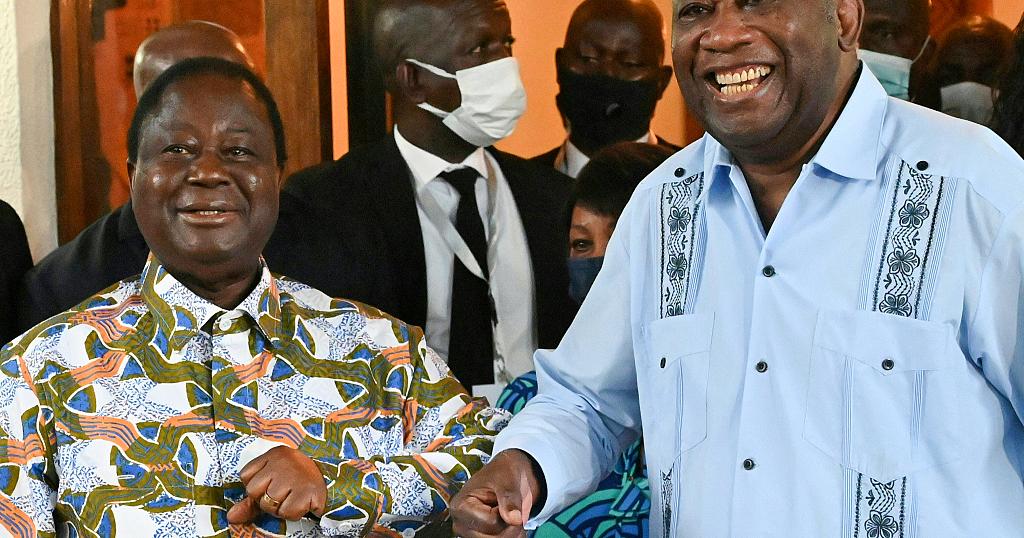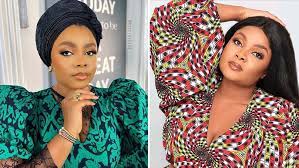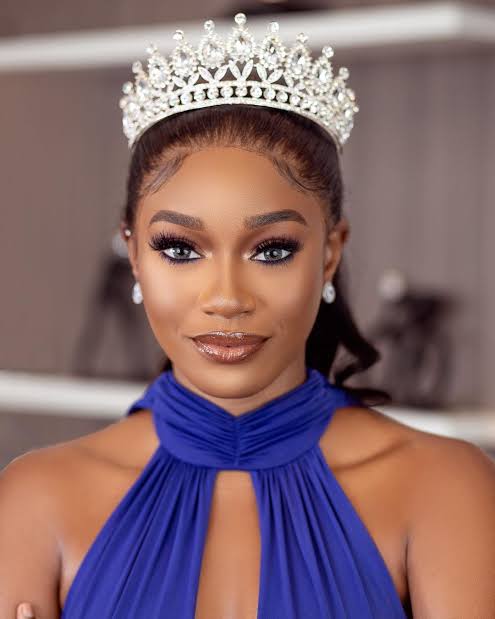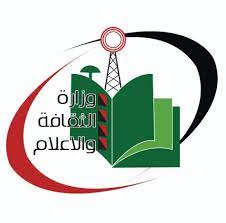A warm welcome Saturday in Daoukro Cote d’Ivoire for former president Laurent Gbagbo
A key step towards healing the country’s long-running political crisis.
The two former heads of state gave each other a warm embrace before walking hand in hand for a few dozen metres, waving to the crowd, and sitting side by side to watch several shows and speeches.
Henri Konan Bédié had visited Gbagbo at the end of July 2019 in Brussels, where the latter was residing on parole pending confirmation of his acquittal at the International Criminal Court (ICC).
Now free, Gbagbo returned to Côte d’Ivoire on June 17 and this is the first time he has met with Bédié since his return. “A mark of reconciliation,” he said.
“Bédié-Gbagbo, united for a stronger opposition”: ten years later, the watchword is union, like the many T-shirts, loincloths and banners of the militants present in Daoukro.
During the momentous occasion, Gbagbo eventually took the floor himself.
“This act of mine coming to meet Henri Konan Bédié is an act of reconciliation and acknowledgement.”
In his 30 minute speech to the social activist and political class attendees, Gbagbo took issue with the controversial third term of President Alassane Ouattara — whose re-election run in 2020 saw a boycott by the opposition who considered it unconstitutional.
Gbagbo, 76, Bedie, 87, and Alassane Ouattara, 79, have dominated the Ivorian political scene for decades, often plunging into rivalries or forging alliances.
Gbagbo made reference to this evolution of events — citing respect for the constitution for the betterment of the nation.
“We can decide that we have no constitution and live like that. But if we have a Constitution, we must fight to be on the side of the Constitution. Respect the texts!” he said.
– New Electoral Alliances? –
“And if we have a constitution — a collection of texts to guide us we have to fight to be on the side of the constitution and so the constitution will be on our side.”
“When we speak of reconciling it’s all of that. Reconciliation is all that — respect the texts and respect human beings.”
Bédié teamed up with Ouattara in the 2010 elections, to then have his Democratic Party of Cote d’Ivoire (PDCI) join the opposition in 2018 and later forge an electoral alliance with Gagbago’s Ivorian Popular Front (FPI) in March this year.
“With my history, can I speak in the Ivory Coast without it being political? So let us do politics!” He also declared on the podium, to loud applause.
The prospect of an alliance between the PDCI and FPI is not excluded for the next national elections.
“We can’t rule it out. It is an alliance for the good of Côte d’Ivoire, not against anyone,” Antoni Garou, the pro-Gbagbo deputy mayor of Ouragahio, which includes the constituency of Laurent Gbagbo’s home village of Mama, told the media.
“He said he hoped that President Ouattara would soon receive Gbagbo and Bédié.
– Political Healing & Atonement? –
During Gbagbo’s decade-long stay in office, the country was wracked by revolt and turmoil, culminating in a conflict that erupted after he refused to cede electoral defeat to Ouattara.
Gbagbo was arrested in April 2011 and hauled before the ICC to face charges of crime against humanity resulting from the violence, which claimed some 3,000 lives.
He was acquitted in January 2019, a decision that was upheld in March this year and enabled him to return home on June 17.
Ouattara, his erstwhile rival, has officially welcomed his return, seeing in it a possibility of easing the country’s entrenched problems.
Last year, scores of people were killed in pre-electoral clashes with the police after Ouattara controversially unveiled his bid for a third presidential term.
The elections, on October 31, resulted in a landslide win for him but were gutted of credibility after most of the opposition boycotted the poll.
Gbagbo’s former prime minister, Pascal Affi N’Guessan, has called on Ouattara, Bédié and Gbagbo to meet so that Côte d’Ivoire “emerges definitively from the crisis and seals reconciliation.”



